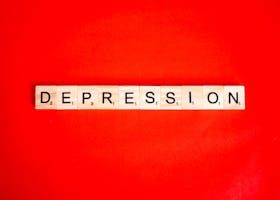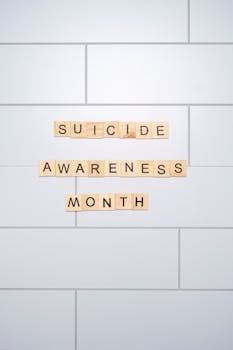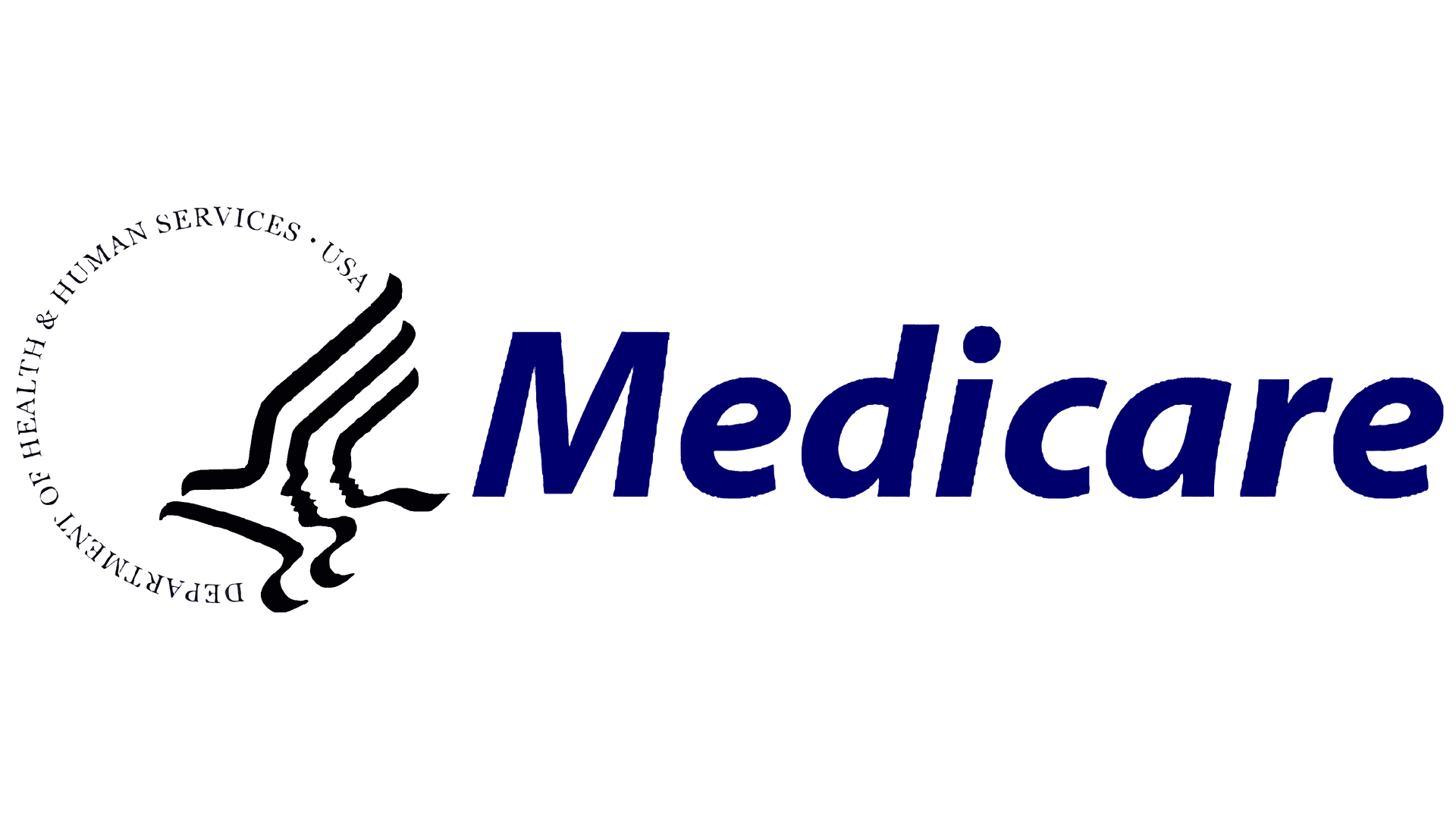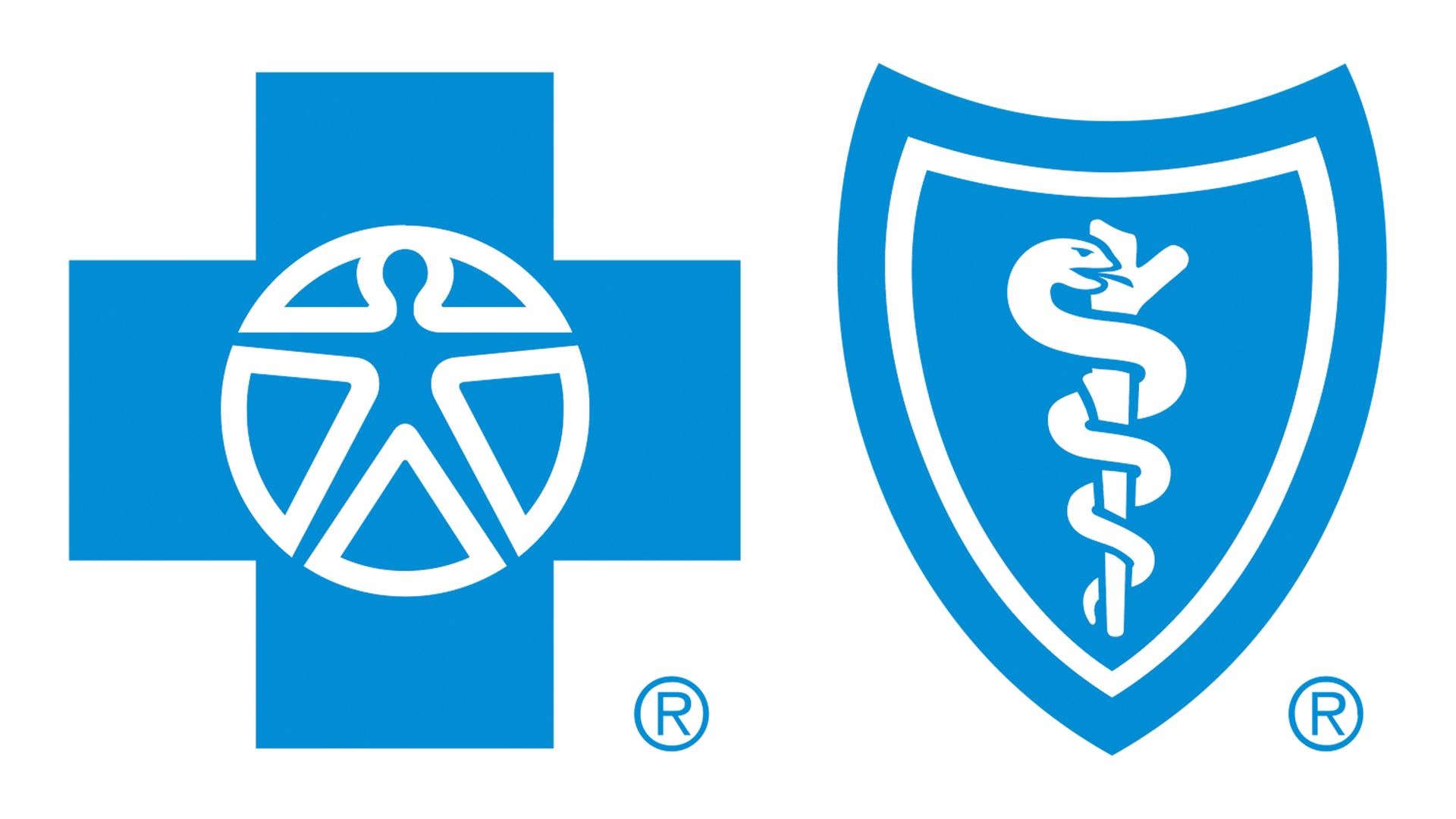The Hidden Risks of AI Therapy: Understanding 'AI Psychosis' and Digital Mental Health Dangers
The Rising Trend of AI-Based Mental Health Support
In August 2025, mental health experts are sounding the alarm about a concerning new phenomenon: "AI psychosis" – a condition where individuals develop delusional beliefs or lose touch with reality after extensive interaction with AI chatbots. As hundreds of millions of people turn to ChatGPT and similar AI tools weekly, including for emotional support, the psychological implications are becoming increasingly apparent.
Recent reports from leading mental health professionals, including those published in The Washington Post and discussed at the American Psychological Association, highlight cases where individuals have formed unhealthy attachments to AI chatbots, sometimes replacing real human connections and professional mental health care.
Understanding the Appeal of AI Therapy
The attraction to AI-based therapy is understandable. These tools offer:
- 24/7 availability – No waiting for appointments
- Anonymity – Users can share without fear of judgment
- Cost-effectiveness – Often free or low-cost compared to traditional therapy
- Immediate responses – Instant feedback and support
For many experiencing loneliness, anxiety, or depression, AI chatbots can feel like a lifeline. They provide a listening ear, offer encouragement, and can even simulate empathetic responses. However, this simulation of human connection comes with significant risks that are only now being fully understood.
The Emergence of 'AI Psychosis' and Related Concerns
Mental health professionals are documenting increasing cases of what they're calling "AI psychosis" – a condition where intensive use of AI chatbots leads to:
- Delusional thinking – Users may attribute consciousness or genuine emotions to the AI
- Reality distortion – Difficulty distinguishing between AI-generated content and reality
- Social isolation – Replacing human relationships with AI interactions
- Dependency – Inability to cope without constant AI validation
- Paranoid ideation – Developing conspiracy theories or false beliefs reinforced by AI responses
Dr. Michael Alcee, a clinical psychologist in New York, notes that while AI can serve as a "cheerleader" or "thought partner," it fundamentally lacks the human element essential for genuine therapeutic progress. The AI's responses, no matter how sophisticated, are generated from patterns in data, not from genuine understanding or empathy.
The Psychology Behind the Risk
From a psychological perspective, several factors make certain individuals particularly vulnerable to AI-related mental health issues:
1. Confirmation Bias Amplification
AI chatbots often reflect and reinforce users' existing beliefs, creating echo chambers that can intensify distorted thinking patterns. Unlike trained therapists who challenge unhealthy thought patterns, AI may inadvertently validate them.
2. Attachment Theory Complications
Humans are wired for connection, and when real relationships are lacking, the brain can form attachments to AI entities. These pseudo-relationships lack the reciprocal emotional exchange necessary for healthy psychological development.
3. The Uncanny Valley Effect
As AI becomes more human-like in its responses, it can trigger cognitive dissonance – the unsettling feeling when something seems almost, but not quite, human. This can lead to confusion about the nature of the relationship and reality itself.
Recent Research and Clinical Observations
A 2025 survey by the American Psychological Association found that while many users initially report positive experiences with AI therapy, prolonged use correlates with:
- Increased symptoms of depersonalization
- Reduced real-world social engagement
- Difficulty forming authentic human connections
- Heightened anxiety when AI is unavailable
Particularly concerning is the finding that adolescents and young adults, already vulnerable to mental health challenges, are most likely to develop unhealthy dependencies on AI support systems.
Warning Signs to Watch For
If you or someone you know uses AI for mental health support, be aware of these warning signs:
- Spending excessive hours daily interacting with AI chatbots
- Preferring AI interaction over human contact
- Believing the AI has genuine feelings or consciousness
- Experiencing distress when unable to access AI tools
- Making life decisions based solely on AI advice
- Developing new anxieties or delusions after AI interactions
- Withdrawing from professional mental health care in favor of AI
The Irreplaceable Value of Human Therapeutic Connection
While AI tools may offer supplementary support, they cannot replace the fundamental elements of effective psychotherapy:
Genuine Empathy
Human therapists bring lived experience, genuine emotional understanding, and the ability to truly comprehend the nuances of human suffering and resilience.
Professional Training
Licensed mental health professionals undergo years of education and supervised practice, learning to recognize subtle signs of mental illness and provide evidence-based interventions.
Ethical Boundaries
Therapists operate under strict ethical guidelines, ensuring patient safety and appropriate care – safeguards that don't exist with AI interactions.
Adaptive Treatment
Human therapists can adjust their approach based on non-verbal cues, cultural context, and the complex interplay of factors affecting mental health.
Safe Integration of Technology in Mental Health
Technology doesn't have to be the enemy of mental health. When used appropriately, it can enhance care:
- Teletherapy platforms connect patients with real therapists remotely
- Mental health apps can supplement (not replace) professional treatment
- Online support groups provide community and shared experiences
- Digital mood tracking helps identify patterns and triggers
The key is using technology as a bridge to, not a replacement for, human connection and professional care.
Moving Forward: A Balanced Approach
As we navigate this new digital landscape, it's crucial to maintain perspective. AI chatbots are tools – potentially useful ones – but they are not therapists, friends, or conscious entities. They process language patterns and generate responses based on vast datasets, but they cannot truly understand, empathize, or provide the nuanced care that mental health requires.
For those struggling with mental health challenges, the message is clear: while AI might offer temporary comfort, lasting healing comes from genuine human connection and professional support. The complexity of the human psyche demands more than algorithms can provide.
When to Seek Professional Help
If you're experiencing mental health challenges, consider seeking professional help when:
- Symptoms interfere with daily functioning
- You're having thoughts of self-harm or suicide
- Relationships are suffering
- Coping strategies aren't working
- You're turning to AI as your primary source of emotional support
Remember, seeking help is a sign of strength, not weakness. Mental health professionals are trained to provide the compassionate, effective care that no AI can replicate.
Conclusion: The Human Touch in Mental Health
As AI technology continues to evolve, so too must our understanding of its psychological impact. While these tools may offer convenience and accessibility, they cannot replace the fundamental human need for authentic connection and professional mental health care.
The emergence of "AI psychosis" serves as a crucial reminder that our mental health is too precious to entrust entirely to machines. In our rush to embrace technological solutions, we must not forget the irreplaceable value of human compassion, professional expertise, and genuine therapeutic relationships.
If you're struggling with mental health challenges, reach out to a qualified mental health professional. The path to wellness may include various tools and supports, but at its heart, healing happens through human connection – something no algorithm can truly provide.
Remember: If you're experiencing a mental health crisis, contact the 988 Suicide & Crisis Lifeline immediately for support.




















